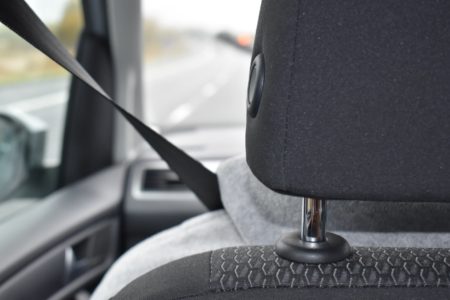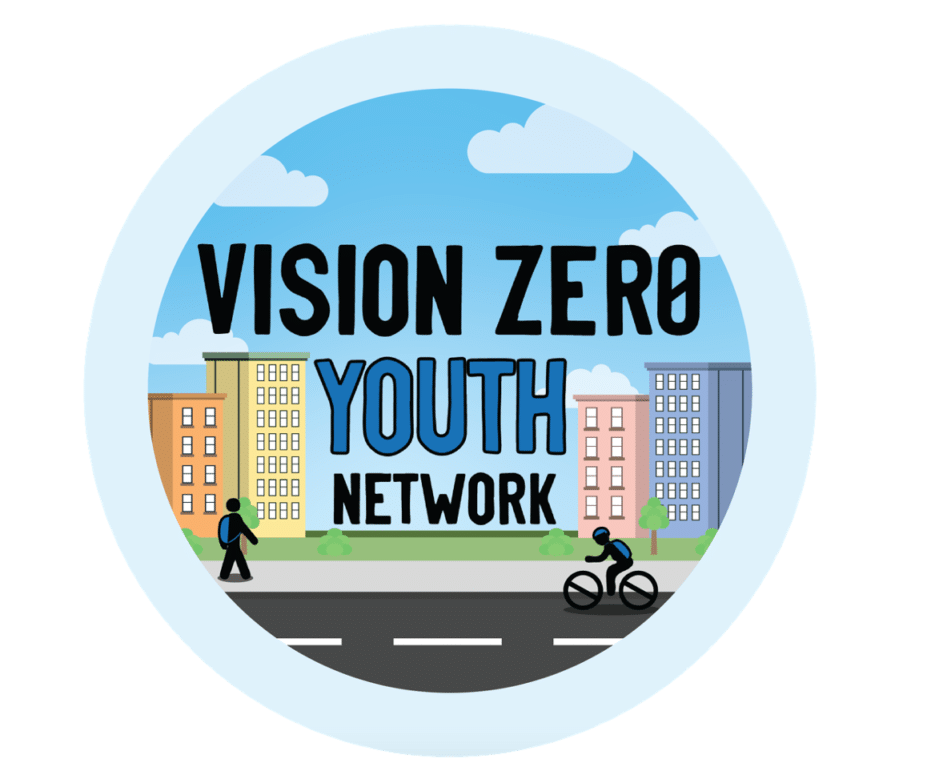Learn to Drive | Programs to Reduce Riding with Alcohol-impaired Drivers
Elder RW, Nichols JL, Shults RA, Sleet DA, Barrios LC, Compton R. Task Force on Community Preventive Services. Effectiveness of school-based health promotion programs for reducing drinking and driving and alcohol–involved crashes: a systematic review. Am J Prev Med 2005;28(5S):288–304.
Fewer students report riding with alcohol–impaired drivers after attending school-based learning how to drive a car programs, according to a report published in the American Journal of Preventive Medicine. This conclusion was reached after a systematic review of research on three types of school-based interventions: instructional programs, peer organizations, and social norming campaigns. A team of experts led by CDC scientists, under the oversight of the Task Force on Community Preventive Services–a 15-member, nonfederal group of leaders in various health–related fields–conducted the review which combines the results of thirteen peer–reviewed papers and technical reports. (Visit www.thecommunityguide.org * for more information.)

Results from the systematic review found evidence that school-based learn to drive programs reduce incidences of students riding with alcohol–impaired drivers. However, insufficient evidence was available to determine whether these programs reduce drinking when driving a car. Instructional programs varied in length, approach, and content; those that included refusal skills and other skill training along with student interaction, were shown to be the most promising approaches.




